How to Mindfully Eat a Latke on Chanukah
I am often asked how mindful eating can fit into an Orthodox lifestyle. With so many holidays, Shabbat and semachot, there is always a reason to eat!

I am often asked how mindful eating can fit into an Orthodox lifestyle. With so many holidays, Shabbat and semachot, there is always a reason to eat!

One day this winter Ronit Comrov will make dozens of latkes, and sufganiyot, “just raspberry,” for her friends in Milwaukee. In London, Rabbi Hillel Simon will host a Chanukah party for friends and Rabbi Rashi Simon, also in London, will sponsor one at the outreach organization he founded. In Bnei Brak, Shira Pollack will arrange her work schedule to get home at the earliest possible moment to light the menorah with her family. Sounds like typical frum life in a big city. But the four Simon siblings are products of small-town America.

In truth, sometimes when I was with him and began to consider all of his accomplishments, I felt as if I was sitting in front of an entire team of people, until I blinked again and it was just Rav Cooperman sitting across the table, with his disarming smile and easygoing manner.
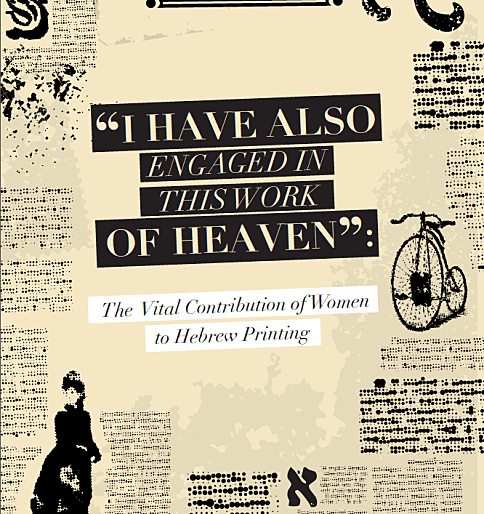
Perhaps the most famous female print shop owner was Devorah Romm. The Romm printing shop began in 1799 and continued printing until 1940, when the Russians invaded Vilna during World War II. But the printing house truly flourished under Devorah’s guidance.
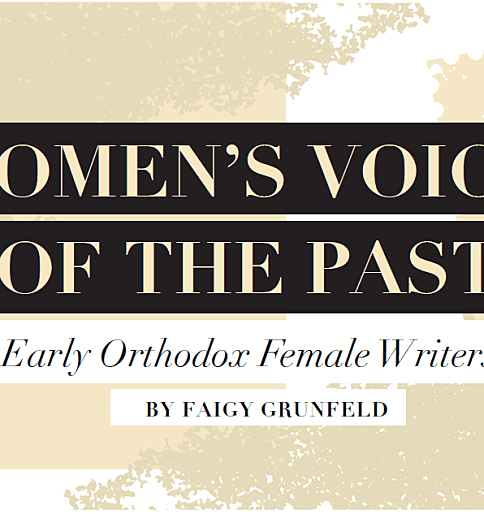
While female writers became increasingly prevalent in the eighteenth and nineteenth centuries, many chose to use pen names, leave their work unsigned or refrain from publishing their work altogether. However, perhaps the greatest barrier to female writing was the issue of literacy.

Last year, in the pages of this journal, we explored the unique halachic issues related to Ebola, a highly contagious and fatal disease.1 The article was accompanied by a photo of me wearing HAZMAT protective gear. The procedure of putting on the gear is called to “don,” and to remove it (ironically a much more […]

“You can talk to your children about the value of chessed, and what it means to give, [but] I have a feeling [that my children] learned a lot more from this one act [of donation].”
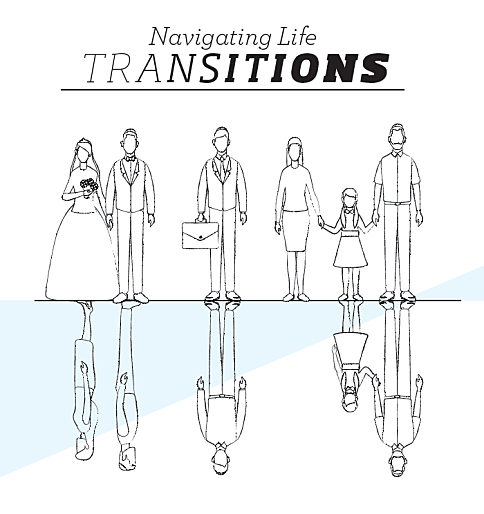
Walking through the unknown without a compass is bewildering, and at times, devastating. Yet there are those who have managed to rise above their ordeals.

Essentially, they seek to answer one overriding question, burning in the hearts of all thinking Jews: Where is American Jewry headed?

Then Sherwood came in and he was different. “His voice was simple and pure, but what really got all of us was how his neshamah shone through.”
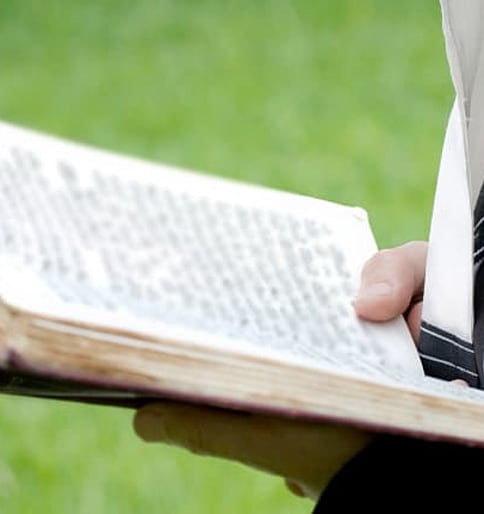
“Forget Kol Nidrei, rabbi! Asher Yatzar. That’s where it’s at!”
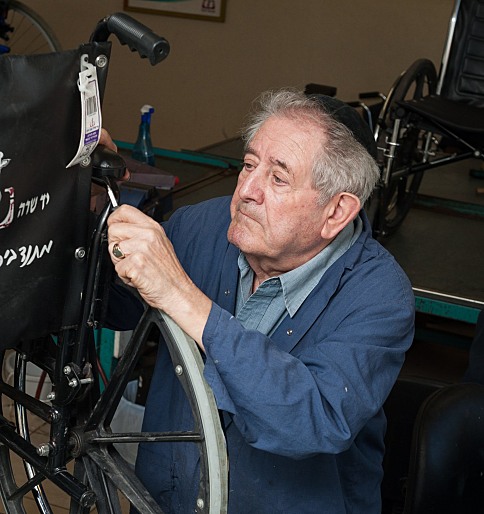
More and more retirees are deciding to make Israel their home and spend their days giving back to the country they love.

This past summer, Mandy and Jeremy Broder, a British-Israeli couple who are skilled artists, turned their personal dream into reality. The Workshop joins the ranks of the many great family activities located in the Gush Etzion area.
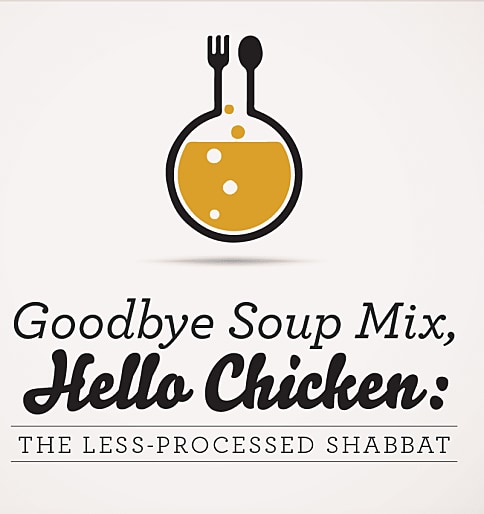
My husband is after me to make a “processed food-free Shabbat.” How do I even do that?

These creative new spins on tradition will be winners on your Chanukah table!

With regard to wedding celebrations, the overriding mitzvah is to bring joy to the new couple.

Rabbi Gamliel Shmalo’s Learning To Grow is billed as “a spiritual guide to your year in Israel” but do not be fooled. This book is a guide to a meaningful life regardless of your circumstances.
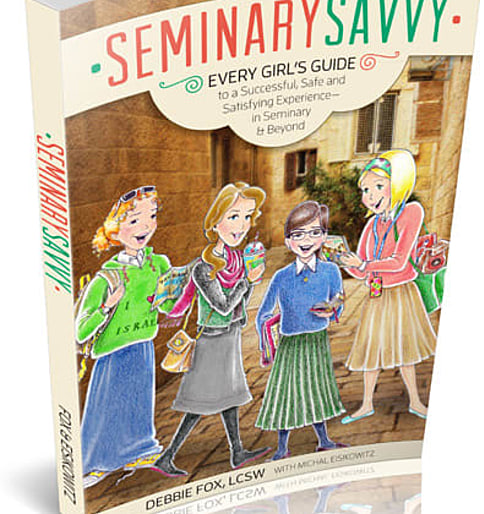
A running theme in the book is the “fifth volume of the Shulchan Aruch: common sense;” the authors implore young women to listen to their inner voice, a vital message for them to hear at this crucial time in their lives. It stresses that if something feels wrong and uncomfortable, “never ignore that inner voice.”

The husband shrugged. “What are latkes?”
I thought he was kidding. Who doesn’t know from latkes?
